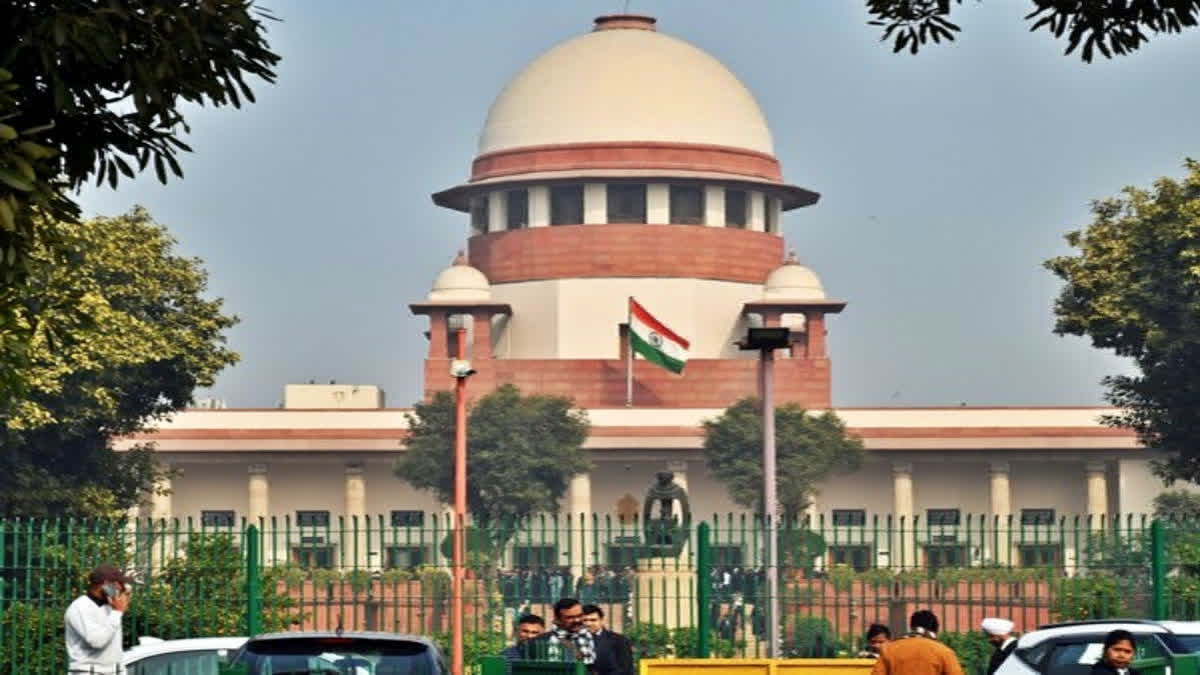New Delhi:The Supreme Court has said that the objective of the sports quota is the promotion of sports in the institution, the university, and ultimately, in the country, and not to accommodate academic merit.
The apex court stressed that among others, universities are the nurseries or the catchment for sportspersons, who can represent at state, national, and international levels and Olympic sports.
A bench of Justices S Ravindra Bhat and Aravind Kumar said it is quite possible that a sportsperson, who has and continues to represent the country in international Olympic sports, and gained such excellence as to have bagged a medal or two, in say, wrestling, would be altogether excluded in the eventuality of a wrestler, of the same category (but who has never reached the national level) securing 80% marks in the qualifying examination.
In a judgment delivered on Wednesday, the top court said: “It exactly this consequence which this court had warned would be the 'unequal application' of uniform criteria, a wooden equality without regard to the inherent differences, which Article 14 frowns upon, and forbids”.
Also read: Modi: Central, state should work together, focus on sports infra; train tournament-wise
The top court allowed an appeal filed by Dev Gupta and others challenging the Punjab and Haryana High Court's order, which dismissed their plea against the imposition of a minimum 75% aggregate marks as an eligibility condition (in the qualifying examination) for admission in engineering courses under the 2% sports quota at PEC University of Technology at Chandigarh.
The top court said: “The imposition of the minimum 75% eligibility condition, therefore, does not subserve the object of introducing the sports quota, but is, rather destructive of it; the criterion, in that sense subverted the object and is discriminatory; it therefore, falls afoul of the equality clause, in Article 14 of the Constitution”.
The bench held that the exclusion of the petitioner and other like candidates, on the ground of their securing less than 75% in the qualifying examination, was unwarranted and discriminatory.
The bench said another reason which leads this court to conclude that discrimination has resulted, is because in respect of sports too, the state has lowered the criterion for those enjoying vertical classification, under Article 15 (4). “In such an event, it was open to the state to lower the eligibility criterion, for sports quota, to other candidates too; the dissimilarity in treatment is, therefore, egregious”, it said.
The top court said requiring all candidates to possess or fulfil a certain eligibility standard- such as the one, prescribed in the sports policy, of 2023 or the qualifying marks prescribed by the concerned Board, or university, to pass in the concerned subjects is entirely different from the prescription of a uniform standard, far higher than the such a minimum threshold.
Also read: Bond over sports and movies, don't seek info about JEE(A) ranks: IIT B issues anti-discrimination guidelines for students
